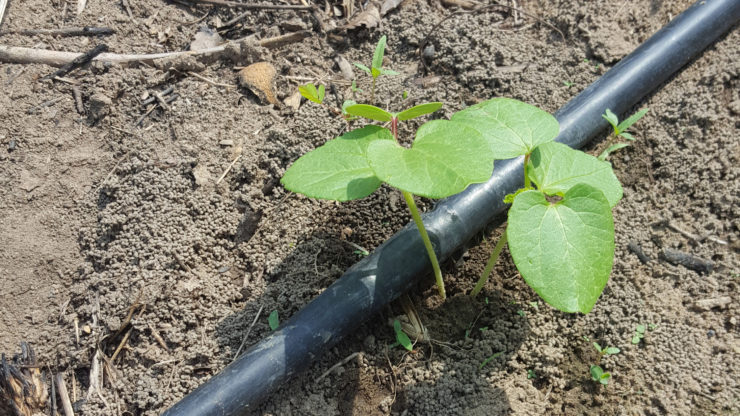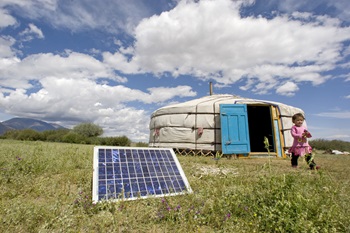Pakistan is starting a new project to use sustainable biofuels to reduce emissions, meet Paris Agreement contributions and increase access to energy while meeting development needs.
The project is designed with findings from Pakistan’s Technology Needs Assessment (TNA).
As the world’s sixth most populous country, with a relatively young and growing population, Pakistan is facing several challenges when it comes to achieving its sustainable development goals.
Changing climate conditions, impacting the predominantly agrarian economy in a variety of ways, makes meeting the socio-economic development needs even harder.
An increasing population and the target of economic growth also means higher energy demand and consumption of energy resources. Often, these are climate-damaging conventional energy sources, increasing greenhouse gas emissions.
In response to this, Pakistan’s TNA report prioritized greater use of renewable energy sources. The TNA reports stressed that local environmental and health impacts of unsustainable and inefficient traditional biomass fuels and GHG emissions need to be largely circumvented through clean, renewable energy alternatives.
On this background, the Pakistan Ministry of Climate Change, together with UNDP jointly developed the Promotion and Application of Sustainable Biomass Energy Technologies in Pakistan (PASBET) project in 2020.
This project considers the potential for woody biomass in furthering Pakistan’s transition to renewable energy while also providing productive use for agricultural wastes and finding synergies with afforestation programs that the country has been promoting.
PASBET will be funded by a 3.5 million USD project grant of the Global Environment Facility and a total of 24 million USD in co-financing.
The project is informed with findings of Pakistan’s TNA process and will pave the way for emission reductions and help Pakistan to meet its NDC targets while meeting socio-economic targets such as enhanced access to energy for everyone.

